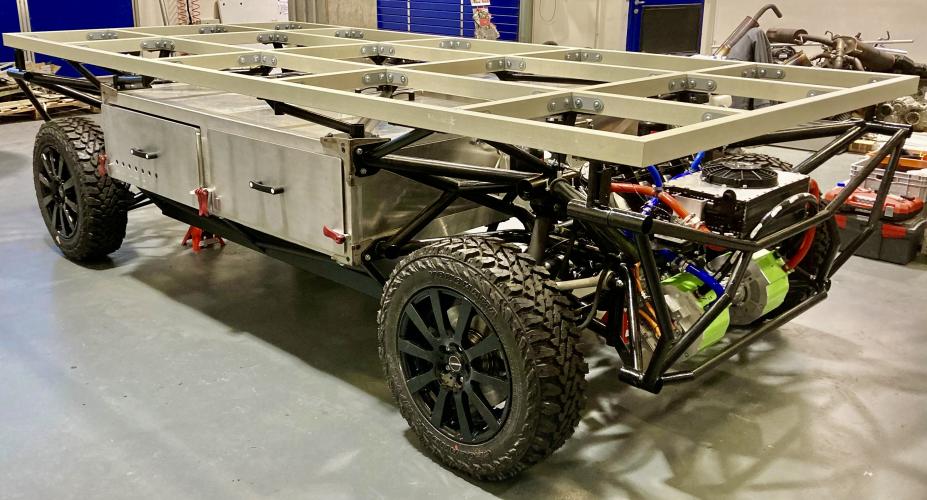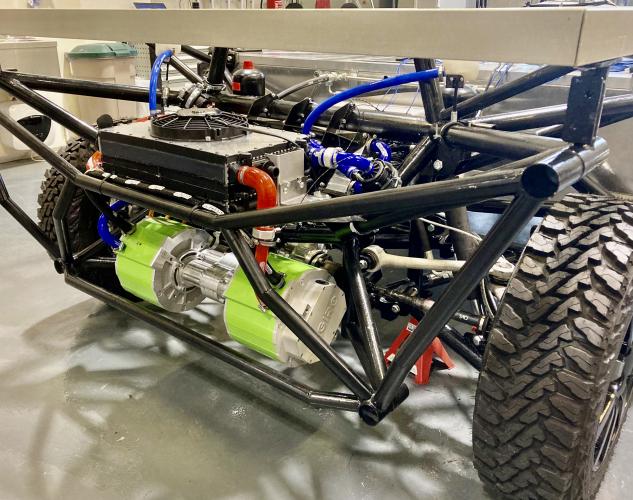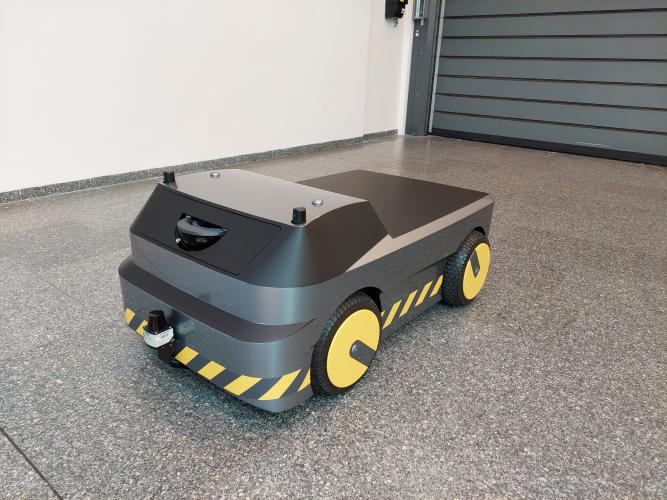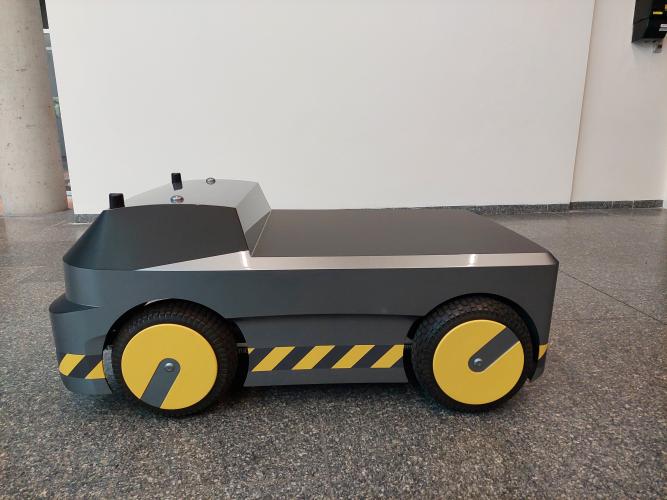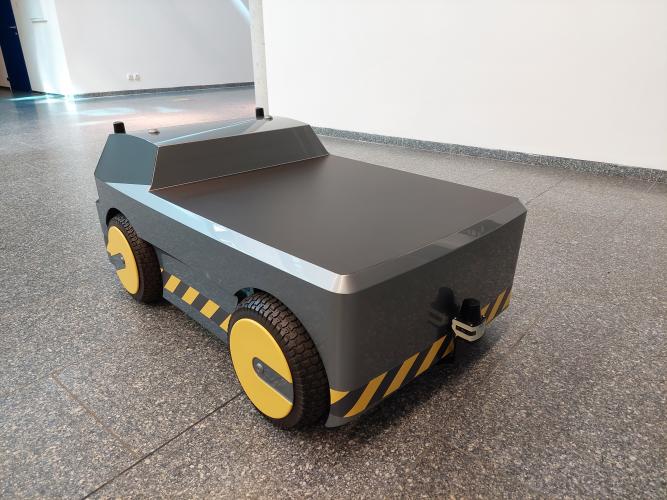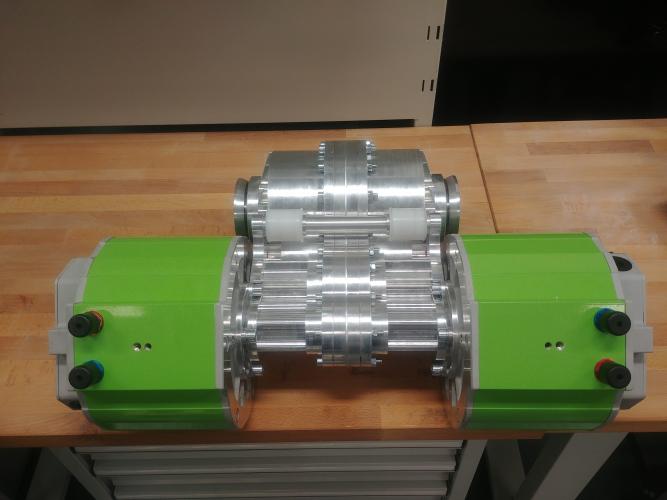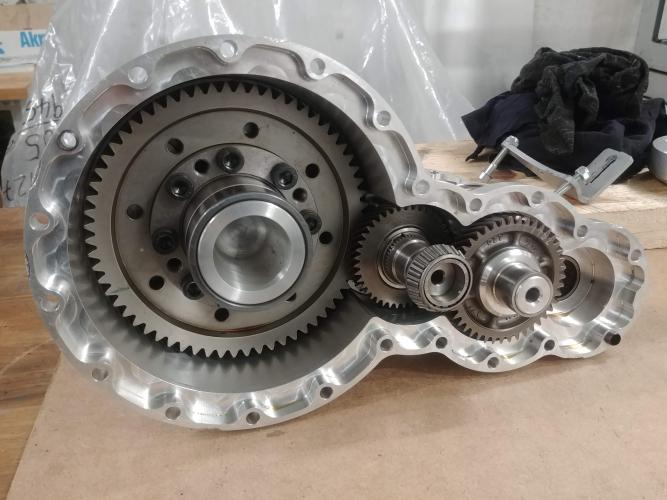
PROJECTS REALIZED BY DEPARTMENT
ANTETUL
Modular platform for autonomous chassis of specialised electric vehicles for transporting cargo and equipment
CZ.02.1.01/0.0/0.0/16_025/0007293
There is no doubt that autonomous vehicles will change the world of logistics. Alongside IoT and robotics, autonomous vehicles are among the three most critical innovative trends in logistics after 2022. Autonomous vehicles or autonomous logistics have generated much research and professional and commercial interest in recent years, particularly in applications oriented towards transporting people and freight on roads or confined zones. However, this means that there are significant challenges to applying autonomous technologies for automated logistics, transport and special operations in general terrain, construction sites, unpaved areas, etc.
Therefore, this project aims to develop a competitive autonomous battery-powered utility vehicle for these challenging conditions and to put the Czech Republic at the forefront of this field with significant innovation potential. To ensure that autonomous utility vehicles can move efficiently, safely and robustly in the field even under adverse conditions, this project will address a broad set of scientific research problems related to areas such as modular chassis architecture using so-called lightweight construction, drives and batteries for autonomous electric utility vehicles, or research on control systems for autonomous electric utility vehicles using mixed reality or the Internet of Things for interaction with other entities, using a multidisciplinary approach. Therefore, these scientific research domains have naturally become individual research projects, which, through their interconnection and coordination during the project, will lead the research team to realise a prototype vehicle for 21st-century logistics challenges.
The resulting modular autonomous electric utility vehicle will thus support the irreversible transformation of logistics with an innovative solution based on current and future scientific knowledge, contributing to higher productivity in cargo transport, a higher level of safety and, last but not least, a lower environmental impact.
